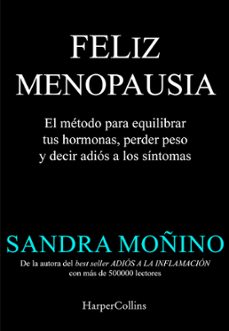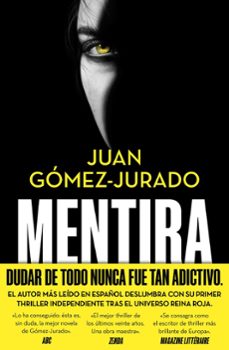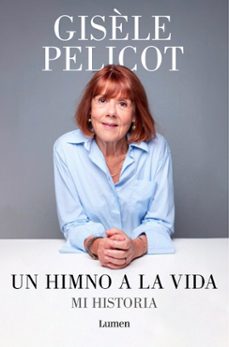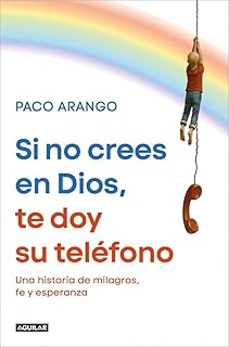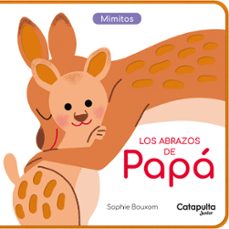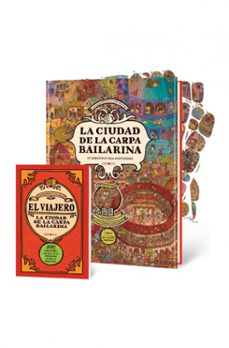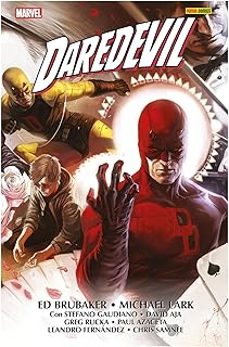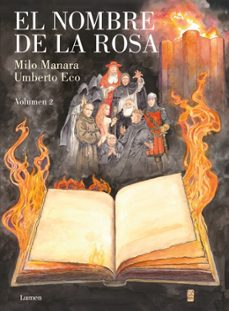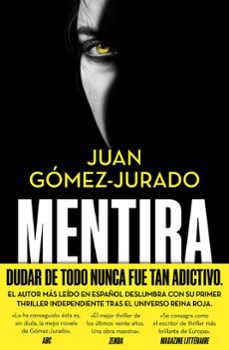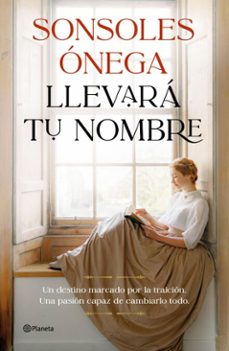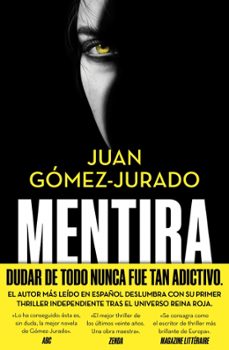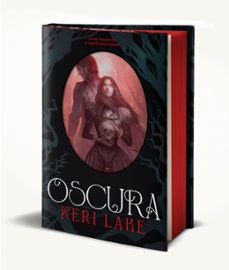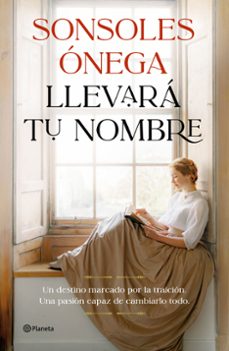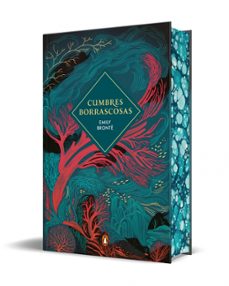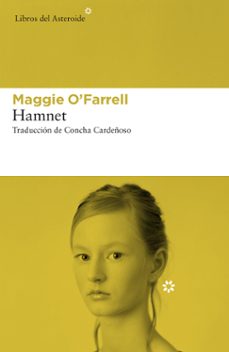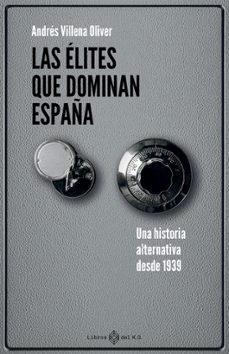📗 Libro en inglés BETWEEN FRIENDS
CHATTO & WINDUS- 9780701187965
Sinopsis de BETWEEN FRIENDS
'On the kibbutz it's hard to know. We're all supposed to be friends but very few really are.' Amos Oz's compelling new fiction offers revelatory glimpses into the secrets and frustrations of the human heart, played out by a community of misfits united by political disagreement, intense dissatisfaction and lifetimes of words left unspoken. Ariella, unhappy in love, confides in the woman whose husband she stole; Nahum, a devoted father, can't find the words to challenge his daughter's promiscuous lover; the old idealists deplore the apathy of the young, while the young are so used to kibbutz life that they can't work out if they're impassioned or indifferent. Arguments about war, government, travel and children are feverishly taken up and quickly abandoned - and amid this group of people unwilling and unable to say what they mean, Martin attempts to teach Esperanto. At the heart of each drama is a desire to be better, more principled and worthy of the community's respect. With his trademark compassion and sharp-eyed wit, Amos Oz leaves us with the feeling that what matters most between friends is the invisible tie of our shared humanity. It is written by the winner of the 2013 Franz Kafka Prize, previous winners of which include Philip Roth, Ivan Klima, Elfriede Jelinek, Harold Pinter and John Banville.
Ficha técnica
Editorial: Chatto & Windus
ISBN: 9780701187965
Idioma: Inglés
Fecha de lanzamiento: 16/02/2013
Año de edición: 2013
Plaza de edición: London
Especificaciones del producto
Escrito por Amos Oz

Amos Oz (Jerusalén, 1939-Tel Aviv, 2018) fue uno de los autores más reputados de la narrativa israelí, así como un reconocido intelectual comprometido con el proceso de paz en Oriente Próximo. Fue galardonado con los más prestigiosos honores y distinciones, entre ellos el Premio Príncipe de Asturias de las Letras, la Legión de Honor francesa, el Premio Goethe, el Franz Kafka o el Israel Prize. Su obra consta de más de veinte títulos, incluyendo novelas, colecciones de relatos, libros infantiles y ensayos, así como infinidad de artículos, y ha sido traducida a 42 idiomas, incluyendo el árabe. Pasó gran parte de su vida en el kibutz de Hulda y posteriormente en Arad, en la región del Néguev, luego vivió en Tel Aviv junto con su esposa.
Descubre más sobre Amos Oz Recibe novedades de Amos Oz directamente en tu email
Opiniones sobre BETWEEN FRIENDS
¡Sólo por opinar entras en el sorteo mensual de tres tarjetas regalo valoradas en 20€*!
